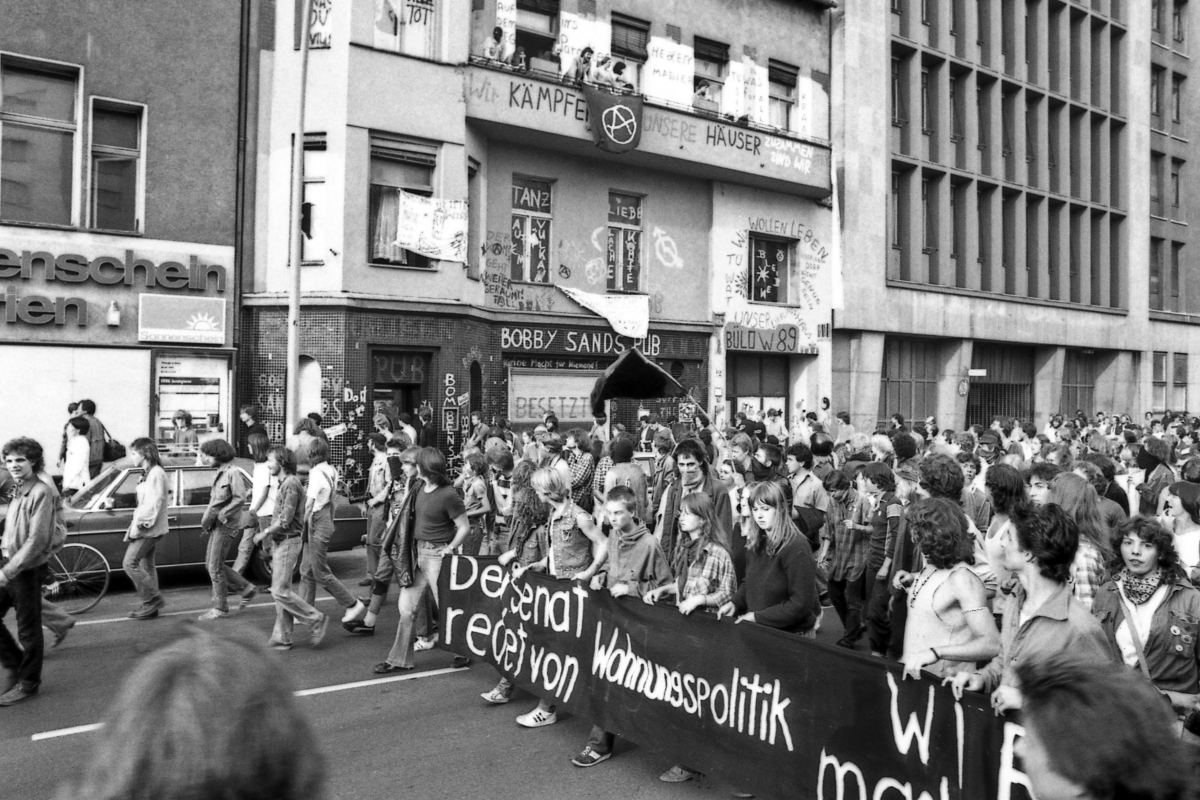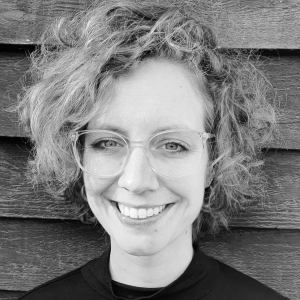PhD project
The conflict in Northern Ireland, which began at the end of the 1960s, soon developed from a local power struggle into a modern, civil war-like conflict in Western Europe. At the same time, the Troubles turned Northern Ireland into a centre of transnational civic engagement: While state governments predominantly treated the conflict as an “internal affair” of Great Britain, numerous activists for example from the German New Left, peace groups or Christian groups regularly travelled to the nearby “war zone” to report on the events, to establish political networks, to get involved as volunteers or to act as supporters of the conflict parties. At the same time, various delegations from Northern Ireland regularly toured the FRG and campaigned for political support.
Based on such observations, the dissertation project asks: What transnational networks did civil society groups from both Northern Ireland and the FRG establish and how did these change during the Northern Ireland conflict? And what interpretations of violence or nonviolence shaped their engagement?
The Federal Republic of Germany represents a relevant reference point for a transnational history of the Troubles and civic engagement in an armed conflict: The British Army of the Rhine, stationed in the FRG after 1945, formed one of the main troop contingents for the British military campaign in the Northern Ireland conflict and soon became a point of criticism for the West German anti-imperialist New Left. The British military facilities made the FRG one of the few targets of Irish republican paramilitaries and their supporters in mainland Europe. At the same time, the Northern Irish peace movement resonated particularly strongly in the FRG with its self-image as a society chastened by war and partition, and West German women’s associations ultimately helped Northern Irish activists win the - controversial - Nobel Peace Prize. My project focuses on the historical development of this field of tension between the partly contradictory motivations, practices, and interpretations of violence of transnationally active civil society activists between Northern Ireland and the Federal Republic of Germany. My work thus also questions the narrative of the predominantly peaceful aftermath of the Second World War in Europe and offers new perspectives on the international history of social movements of the 1960s to the early 1990s.
(Photo credits project photo: Michael Kipp/Umbruch Bildarchiv)


